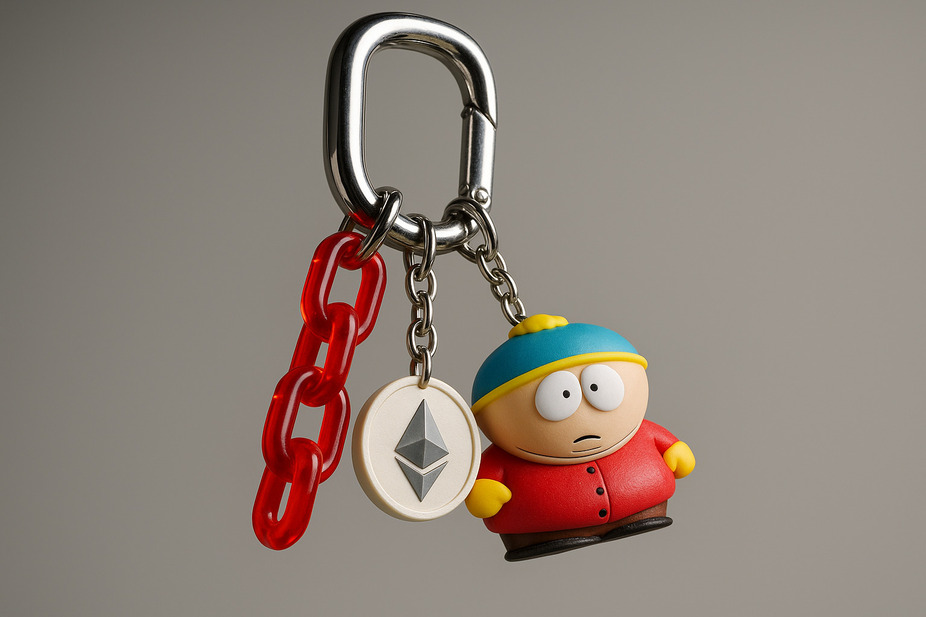KYC in crypto: trading freedom for a false sense of security?

Is “Know Your Customer” (KYC) a necessary safeguard in the world of cryptocurrency, or does it betray the core principles of freedom and decentralization that made crypto so appealing in the first place? While proponents argue that KYC is crucial for preventing fraud and money laundering, a closer look reveals a system that compromises privacy and centralizes control, running counter to the very spirit of crypto.
What does KYC really mean for crypto users?
At its core, KYC is a process designed to identify and verify the identity of customers using financial services. In the crypto world, this typically involves:
- Collecting personally identifiable information (PII): Your name, address, date of birth, and other personal details are gathered.
- Verifying your identity: You’ll need to provide government-issued IDs, utility bills, and potentially other documents to prove who you are.
- Ongoing monitoring: Your transactions are tracked for “suspicious activity,” raising concerns about surveillance.
The IronWallet application respects the original ethos of cryptocurrency and does not incorporate KYC procedures, thus ensuring user anonymity and autonomy.
The KYC compliance machine: how it works (and who it benefits)
Virtual Asset Service Providers (VASPs), which include cryptocurrency exchanges and custodial wallet services, are increasingly required to implement KYC programs. This means collecting, storing, and potentially sharing your personal information with regulatory bodies.
VASPs are tasked with:
- Collecting your data: Gathering PII, including full name, place and date of birth, and address.
- Matching data with official documents: Comparing your information to your passport, driver’s license, or utility bills.
- Checking against databases: Verifying your identity against databases of Politically Exposed Persons (PEPs) and sanctioned individuals.
While non-custodial wallets offer an alternative, the regulatory pressure on VASPs is mounting.
Why the “benefits” of KYC are overblown
Proponents of KYC claim it offers numerous benefits:
- Increased transparency and trust: The idea is that verifying user identities fosters transparency and builds trust. However, the reality is that this “transparency” comes at the expense of your privacy, and trust is eroded when you’re forced to surrender your personal information to centralized entities.
- Less money laundering and scams: While KYC might deter some criminals, determined people will always find ways to circumvent regulations. Moreover, KYC disproportionately impacts law-abiding users, creating barriers to entry and hindering innovation.
- Reduced legal risk: Compliance with KYC regulations can be costly and complex, diverting resources from innovation and potentially stifling the growth of the crypto industry.
- Increased market stability: Cryptocurrency is inherently volatile. Attempting to impose stability through KYC risks stifling the innovation and dynamism that make crypto so valuable.
The freedom of KYC-free crypto
The original vision of cryptocurrency was one of financial freedom and autonomy. Buying and using crypto without KYC is a way to reclaim that freedom. Crypto ATMs and decentralized exchanges (DEXs) offer KYC-free alternatives, allowing you to participate in the crypto economy without sacrificing your privacy.
The IronWallet stands for freedom
IronWallet recognizes the importance of preserving individual liberty within the crypto space. That’s why the IronWallet app doesn’t include KYC, empowering users to maintain control over their financial identities.
Q&A: Addressing your concerns about KYC
Q: Isn’t KYC necessary to prevent criminals from using crypto?
A: While KYC may deter some criminals, it’s not a foolproof solution. Determined people will always find ways to evade regulations. Moreover, KYC disproportionately impacts ordinary users, creating barriers to entry and potentially stifling innovation.
Q: If I use a KYC-free crypto service, am I breaking the law?
A: Not necessarily. Buying and using crypto without KYC is not inherently illegal. However, it’s essential to be aware of the regulatory landscape in your jurisdiction and to ensure that you’re not engaging in any illicit activities.
Q: Is KYC safe?
A: The irony is KYC increases risks to a user. KYC implementations force companies to collect and store sensitive, personally identifiable information on their users. This aggregation of sensitive user data makes these companies prime targets for hackers and cyber attacks. Once a data breach has occurred, a user’s sensitive information is now in the hands of the attackers.
Q: What are the risks of using crypto services that require KYC?
A: The primary risk is the loss of privacy. Your personal information is collected, stored, and potentially shared with third parties, raising concerns about surveillance and data breaches.
Q: How does the Travel Rule relate to KYC?
A: The Travel Rule extends the reach of KYC by requiring VASPs to collect and share information about the originators and beneficiaries of crypto transactions, further compromising privacy.
Q: What are the advantages of cryptocurrency and virtual asset compliance?
A: While compliance may open doors to traditional banking and institutional investors, it also comes at the cost of surrendering the core principles of freedom and decentralization.
Q: Where can I buy crypto without KYC?
A: Crypto ATMs and decentralized exchanges (DEXs) often offer KYC-free options.
Q: Why are AML and KYC important in the crypto industry?
A: AML (Anti-Money Laundering) and KYC are seen as important for preventing illicit activities. However, it’s crucial to strike a balance between security and individual freedom.
Conclusion: choose freedom
The debate over KYC in crypto is a debate about the future of finance. Will we embrace a system of centralized control and surveillance, or will we defend the principles of freedom and decentralization that made crypto so revolutionary? The choice is yours.












